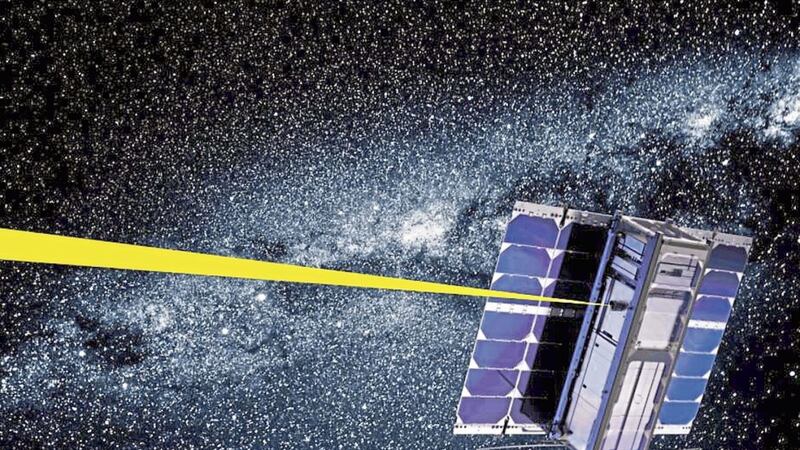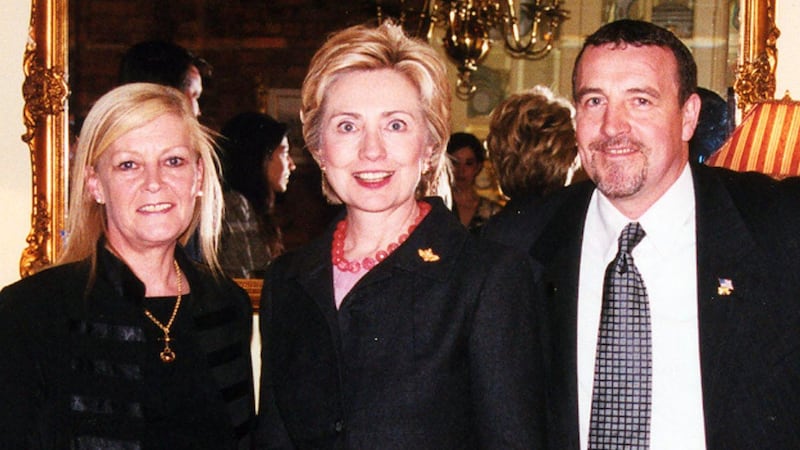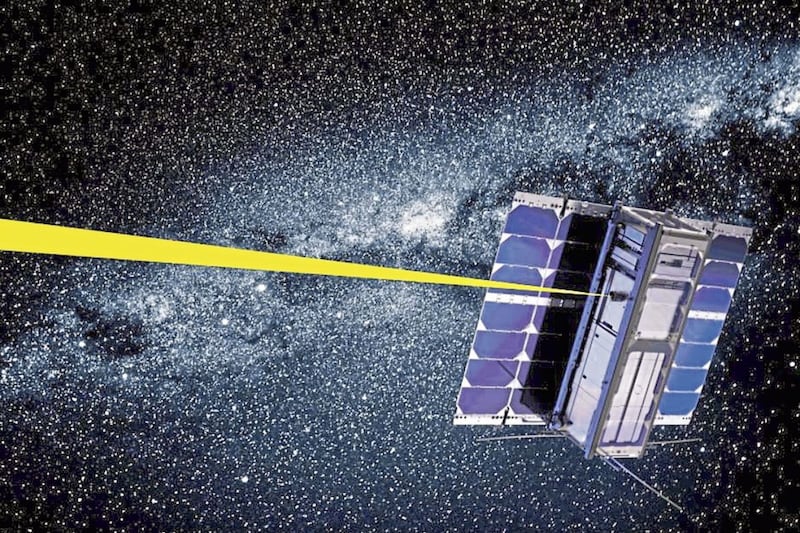A Co Antrim solar physicist and his colleagues have won additional funding from the UK Space Agency for the next stage of their work on space communications.
Dr Eamon Scullion, who is from Loughguile, is an associate professor at the University of Northumbria at Newcastle and leads the Laser Optical Communications for CubeSats project which has today been awarded £644,617, nearly twice the amount it received from the agency last year in the first round of innovation funding.
The Cubesats project is one of 11 that will share a £7m grant. The 10 other projects are primarily focused on tackling climate change and predicting global disasters but Dr Scullion's initiative concerns data transmission rates in space.
The first round of funding allowed the Northumbria academics to buy two small satellites made up of three cubes (CubeSats) and carry out laboratory tests which determined that a laser communication system could be placed inside that would trasnsfer data between the satellites at a higher rate than that of the radio transmitters currently used.
The other members of the University of Northumbria research team are Professor Zabih Ghassemlooy, Dr Robert Wicks, Dr Mojtaba Mansour Abadi, Dr Richard Binns and Nithin Mohan. They are now partnering with Durham University and two companies for the implementation stage of the project.
British Science Minister George Freeman said satellites in space are helping to solve "some of the most significant challenges we face, from climate change to cyber attacks, and through the National Space Strategy we are putting the UK at the forefront of unleashing these innovations".
“Whether it's monitoring greenhouse gas emissions or supporting increased tree planting, this new funding will take game-changing ideas from the UK space sector and our brilliant scientists, and turn them into reality.”



